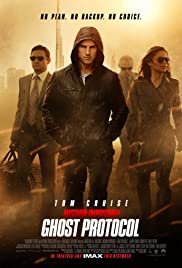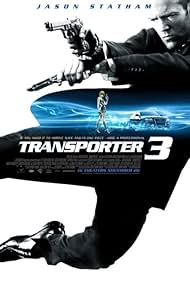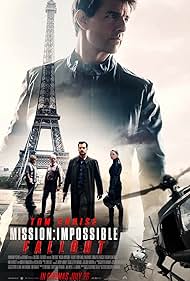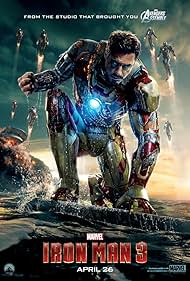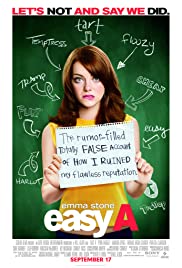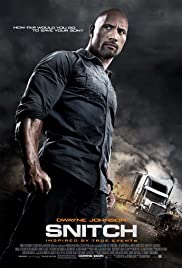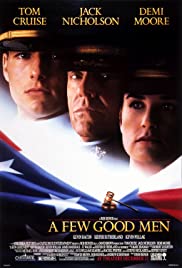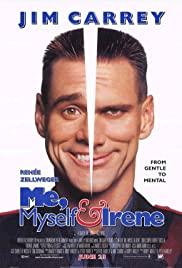The Russian's are coming Soundtrack (1987)

Buy on Amazon Play and download Soundtracks
Die Russen kommen
Die Russen kommen
Die Russen kommen
Die Russen kommen
Die Russen kommen
Synopsis
Spring 1945 in a small town on the Baltic Sea. At the beach, 15-year-old Günter (Gert Krause-Melzer) and a Russian foreign worker of the same age (Viktor Perewalow) find a dead soldier. Shortly after, Günter, who still believes in the final victory, and a group of young people chase the escaped young Russian through the forest. While Günter confronts him and urges him to surrender, the village policeman (Hans Hardt-Hardtloff) shoots the Russian. Proudly, Günter accepts the Iron Cross and volunteers for frontline duty, even though his father (Rolf Ludwig) has already fallen in the war. Neither his girlfriend Christine (Dorothea Meissner) nor his mother (Lissy Tempelhof) can dissuade him. On his first mission, he is picked up by a Soviet military patrol. However, when their jeep hits a mine, Günter is the only survivor and flees home. He hides in Christine's parents' house, but returns to his mother when Christine's father (Norbert Christian) takes his own life out of fear of the approaching Russian troops. Shortly after the Soviet army occupies the town, Günter is arrested for the murder of the foreign worker. Heiner Carow's film tells the last days of World War II from the perspective of a Hitler Youth member. The film did not receive state approval in 1968, as it does not portray an anti-fascist hero, but rather a follower as the victim, provocatively blurring the lines between guilt and innocence. It wasn't until twenty years later that filmmakers were able to reconstruct "Die Russen kommen" from the few remaining parts of the original negative and positive fragments in an elaborate reconstruction process. In a new restoration process starting in 2014, experts from the DEFA Foundation discovered numerous previously unseen fragments in the working copy, allowing them to completely reassemble the film once again.
Download and play the Soundtrack list
| Play | Title | Artist |
|---|---|---|
|
The Russian's are coming
|
||
|
Radetzky-Marsch
|
Johann Strauss Sr.:
Composer
|
|

